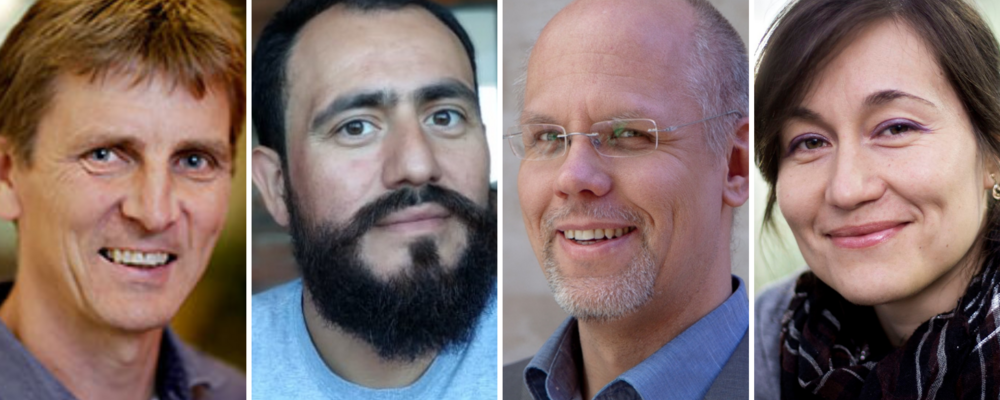There were happy voices among the FRAM researchers when Formas announced their decision on the 188 projects that will receive funding in their annual call for the year 2020. FRAM researchers have been granted funding for as many as four project proposals, approximately SEK 14 million!
In the Formas press release:
High scientific quality and societal relevance are characteristic of the projects that have received funding.
The FRAM Center Director Thomas Backhaus comments on the outcome.
– We are of course happy and somewhat proud of such a hugely positive outcome. It seems to show in particular that combining expertise from environmental economics and natural sciences is the way forward for research that supports the drive towards a non-toxic environment, supporting both the UN’s Sustainable Development Goals and the new European chemical strategy for sustainability.
The research proposals that have received funding concern various aspects of chemical mixtures; the environmental chemical status as well as chemical risk assessment and management strategies.
A systematic review of drugs in the environment with a focus on antibiotics, endocrine disruptors and adverse effects (SysPIE)
We need pragmatically useful approaches for ranking the ~90% of pharmaceuticals that are yet uncharacterized for their environmental risks. SysPIE will, for the first time, systematically collect the evidence for all the antibiotics and endocrine-active pharmaceuticals on the whole EU market and will employ advanced in-silico and read-across tools to provide realistic environmental risk assessments.
Project leader: Thomas Backhaus
Total amount granted: ~ SEK 3 million
Evaluation of the Regulation of Dangerous Chemicals in Europe
This project will investigate whether the European regulation on the Registration, Evaluation, Authorization, and Restriction of Chemicals (REACH) is sufficiently protective against the risks posed by substances that may have serious effects on human health and the environment—e.g., substances of very high concern (SVHC), and if not, what policy changes should be implemented to ensure a high level of protection.
Project leader: Jessica Coria
Total amount granted: ~ SEK 3 million
Improved use of information and taxes to phase out hazardous chemicals in consumer products
The purpose of this research project is to determine how different types of information about hazardous chemicals can affect knowledge, risk perceptions and willingness to pay for chemically safer consumer products. Special focus will be placed on consumer electronics, clothing, shoes and cosmetics.
Project leader: Daniel Slunge
Total amount granted: ~ SEK 4 million
Mixture pollution in agricultural streams: linking the effect of chemicals to the genome of freshwater organisms using an ecotoxicogenomic approach?
Previous research has shown that some species in watercourses polluted by pesticides have seen reduce their diversity and abundance. There is thus a threat to the ecosystem integrity. The project wants to investigate whether this loss of biodiversity downscale to genomic level in aquatic invertebrates. These organisms have important ecological functions such as breaking down organic matter, cleaning watercourses, and becoming fish food. Changes at the genome level can cause profound negative effects that can ultimately change our water resources and degrade water quality.
Project leader: Pedro Inostroza
Total amount granted: ~ SEK 4 million
Read the full press release from Formas [In Swedish but a translator is available]:
A record number of researchers are striving for a sustainable future
